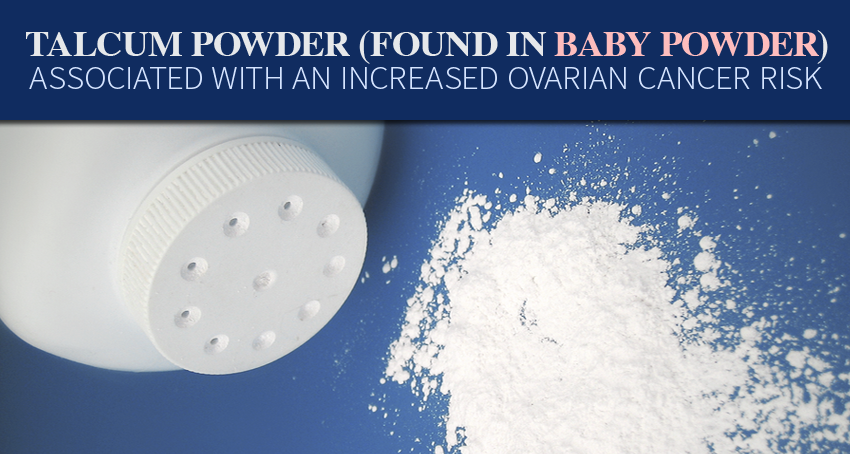
Talcum powder also called talc, is a very widely used product and is an ingredient in baby powder. Talcum powder is also a commonly used ingredient in thousands of additional feminine hygiene products, birth control products including condoms and diaphragms, deodorants, chafing products, and more. Johnson’s Baby Powder is among the most popular talcum powder products.
There were studies linking talcum powder to ovarian cancer as early as the 1970s, when researchers examining cancerous ovarian tissues discovered talc fibers. More recently, a number of studies have been published, but experts do not agree that there is a causal connection between perineal talcum powder and ovarian cancer.
It appears that inadequate warnings were provided about the potential health risks of talcum powder from:
According to allegations raised in talcum powder lawsuits, manufacturers placed their desire for profits before consumer safety by withholding information about the potential cancer risk from consumers for years.
Cancer Epidemiology, 2008 – Harvard researchers did analysis of 1,400 women with ovarian cancer against 1,800 women without ovarian cancer and found a 36% increased risk of ovarian cancer with the use of talcum powder.
Cancer Prevention Research, 2013 – Use of talcum powder in “feminine hygiene” was associated with more than a 20% increase in risk of ovarian cancer.
Women who used talcum powder and developed ovarian cancer may be eligible for compensation to help pay medical bills and to compensate for pain and suffering, claiming that makers of talcum powder products failed to warn of the risks associated with these products.
Alert: Due to statute of limitations, the time you have to pursue a Talcum Powder ovarian cancer claim may be limited. Contact us today by phone at (855) 222-3888 or by email at intake@monroelawgroup.com to get more information.
Johnson and Johnson owes $72 million in huge ovarian cancer verdict